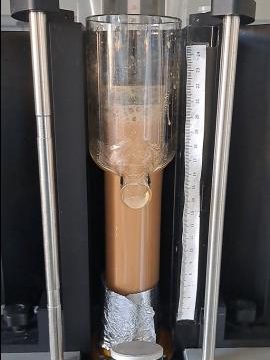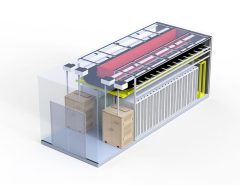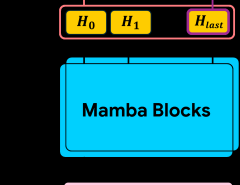Authors: Franziska Strube, Thomas Wilhelm, Johanna Sygusch, Bradley M. Guy, Orkun Furat, Volker Schmidt, Martin Rudolph
Published on: February 05, 2024
Impact Score: 8.22
Arxiv code: Arxiv:2402.02818
Summary
- What is new: The study introduces a novel approach to optimize the flotation process for separating lithium aluminate (valuable phase) from gehlenite (gangue phase) in slags, with a focus on the influence of particle size and shape.
- Why this is important: The growing demand for lithium and rare earth elements for electrochemical energy storage and the challenge of efficiently recovering these materials from pyrometallurgical recycling slags.
- What the research proposes: An optimization of the flotation separation process for engineered artificial minerals in slags using oleic acid as a surfactant, and a detailed analysis of particle characteristics to improve separation efficiency.
- Results: The research demonstrates improved separation efficiency of valuable lithium-bearing materials from gangue in slags by considering particle size and shape in the flotation process.
Technical Details
Technological frameworks used: Particle characterization using SEM-based Mineral Liberation Analysis (MLA) and bivariate Tromp functions for separation behavior analysis.
Models used: nan
Data used: Particle discrete information from SEM-based MLA.
Potential Impact
This research could impact the energy storage market, specifically companies in the recycling sector and those involved in the extraction and production of lithium and rare earth elements for batteries.
Want to implement this idea in a business?
We have generated a startup concept here: LiCycleTech.




Leave a Reply